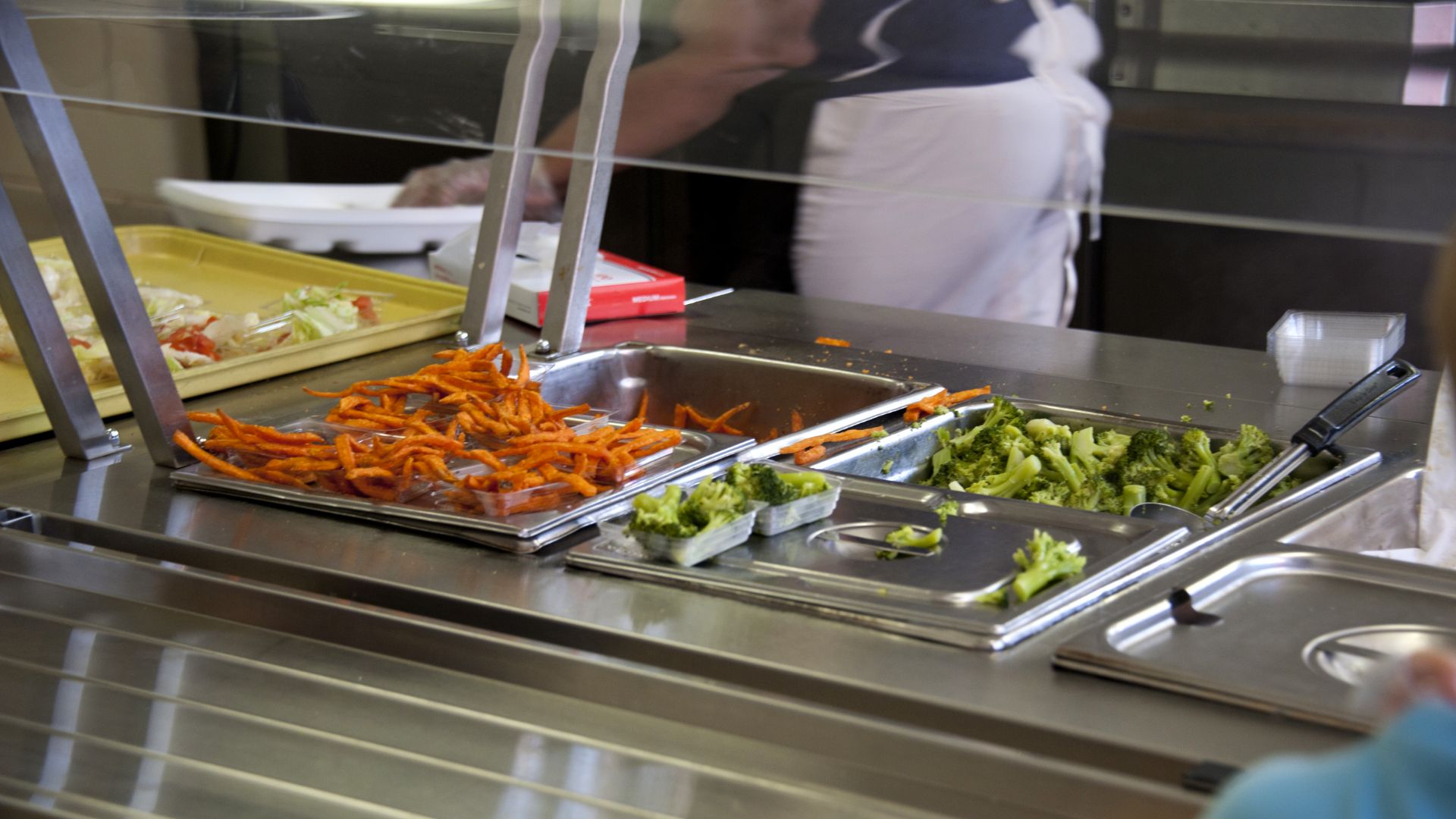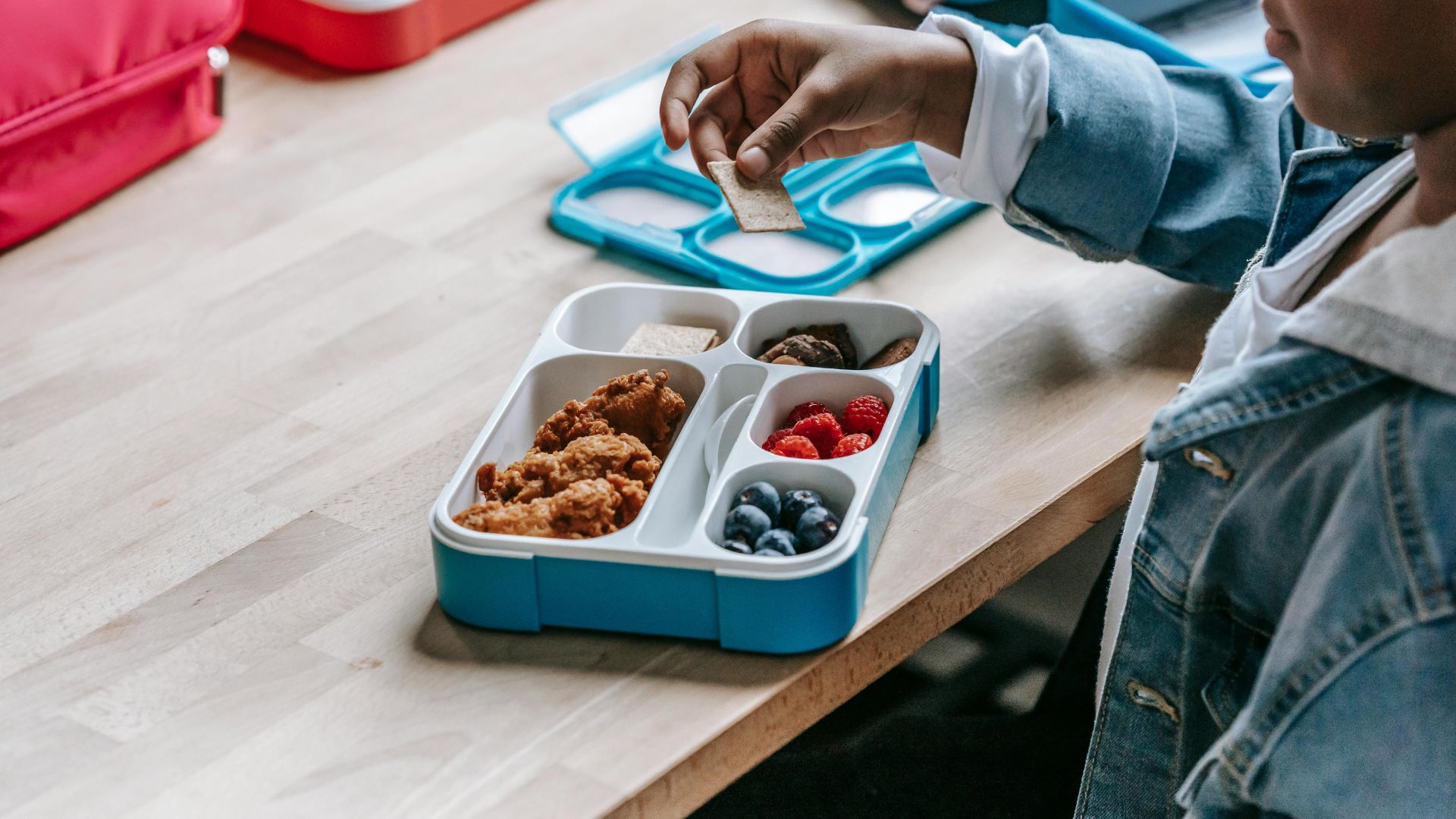A new report has shockingly revealed that a school lunch scam has led to American parents paying $100 million each year in unnecessary junk fees.
This report comes as many American parents have fought to have universal free school lunches, which makes it free for any student to purchase meals at school.
Junk Fees When Purchasing School Lunches

According to a new report from the federal government’s Consumer Financial Protection Bureau (CFPB), American parents are having to pay $100 million each year because of junk fees.
These processing fees occur when parents use pre-paid systems that help cover their child’s lunch purchases at school.
Fees Attached to Transactions

The CFPB has explained that processing firms that control transactions for school districts are charging parents as much as $3.25 per transaction. This is about 4% to 5% for each transaction.
These junk fees are added to any transaction that is conducted through cashless payment systems.
Cashless Payments

Over the years, cashless payment options have become incredibly helpful to many American parents.
Instead of giving their child money each day for school lunch, parents are able to load money through a system that then allows their child to receive lunch.
Processing Firms Use Fees

However, these cashless payment options can end up being more expensive for parents, as they add fees.
CFPB’s chief, Rohit Chopra, has explained, “Transaction fees and other types of junk fees can take an economic toll on American families just trying to pay for basic school expenses, including school lunch for kids.”
What School Districts Offer

All schools in the United States are supposed to offer school lunch payment options that are fee-free, such as by check or cash.
However, for many parents today, it can be quite difficult — as well as time-consuming — to ensure they always have cash or checks on hand to pay for their child’s lunch. Therefore, they use these payment processing firms the school district provides and end up paying more.
Lower Income Parents Hurt the Most

The CFPB’s report also pointed out that lower-income families are hurting the most from these junk fees, especially as they cannot preload a whole semester’s worth of money through these firms.
Instead, they preload money into the system various times throughout the school year — and this results in them paying much more for each transaction.
A Fee for Each Transaction

Rebecca Wood, a single mom, recently realized that she was being charged a fee for each transaction she made when she loaded money onto her student’s school lunch account.
She explained, “It wouldn’t have been a big deal if I had hundreds of dollars to dump into her account at the beginning of the year. I didn’t. I was paying as I went, which meant I was paying a fee every time. The $2.50 transaction fee was the price of a lunch. So I’d pay for six lunches, but only get five.”
Rural Areas Are Also Hit Hard

This report has also revealed that many rural parents, where the cost of living is much lower than elsewhere, have also been hit quite hard by these processing fees.
Joanna Roa, a parent in South Carolina, pointed out, “A dollar here and there, I expected. But $3.25 per transaction, especially here in rural South Carolina where the cost of living is a lot lower — as are the salaries — is a lot.”
Three Firms Dominate the Market

The CFPB further explained that about 87% of all school districts in the United States use payment processors for their school lunch programs.
However, only about three firms dominate this market, which leads to school districts being unable to negotiate when it comes to fees and certain rates.
Parents Push for Free School Lunches

This revelation that parents are being targeted by processing firms when simply buying their children’s school lunches also comes during a time when many parents are pushing for universal free school lunches.
Many areas have seen this happen. For example, parents in the Bay Area successfully pushed for these free lunches. Meanwhile, some districts around the country have had surplus money, which they’ve put towards free school lunches for all children.
Getting Rid of Fees

However, even parents who have received universal free school lunches for their students are still fighting against these processing fees.
“Even if lunch itself is free, if you want to buy something a la carte, or an extra lunch, or some other transaction, you still have to pay that fee. They take money from people who need it the most,” Wood explained.
